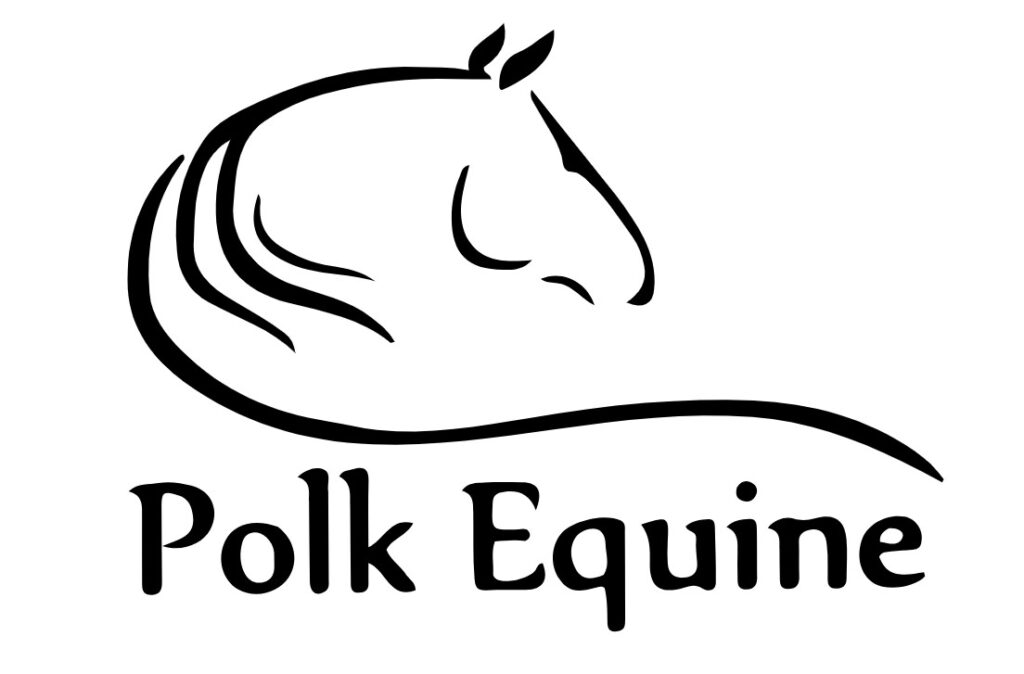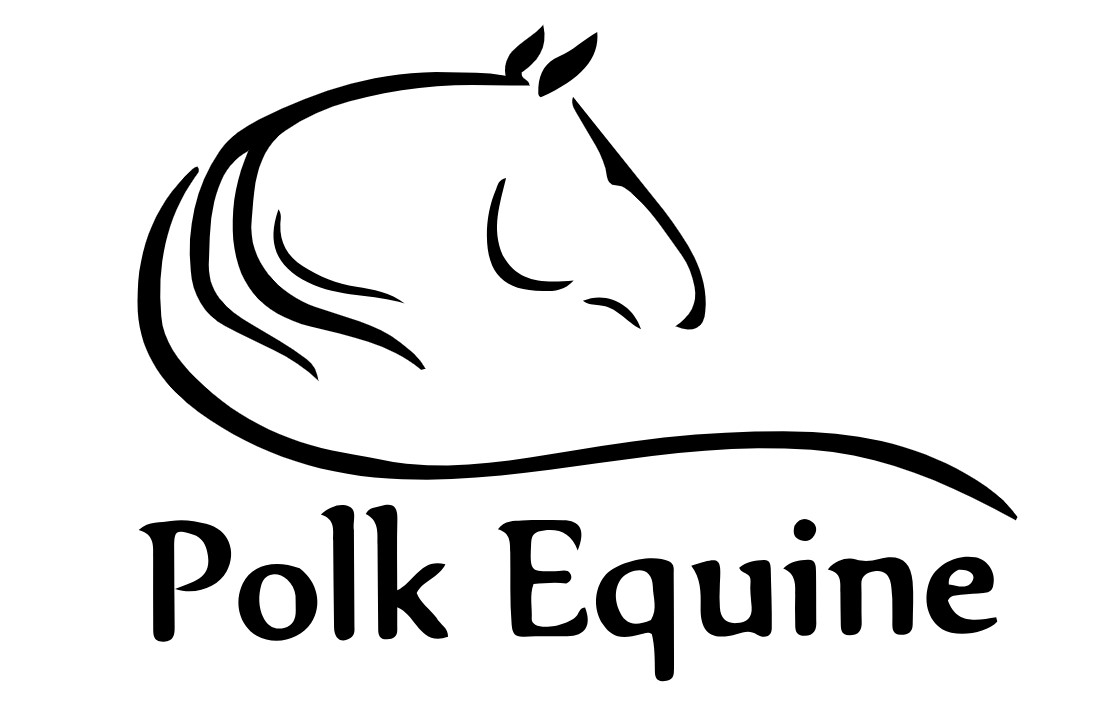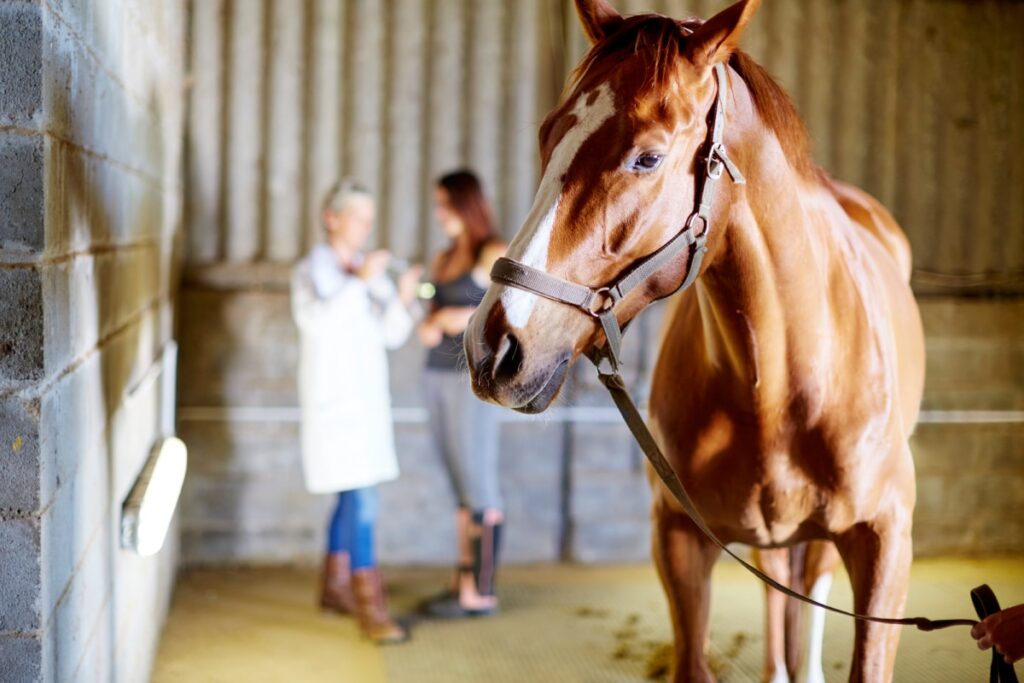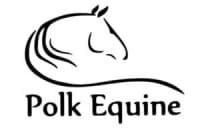With the seasons changing and the weather getting cooler, this is the perfect time of year for your horse to have a visit with the vet, especially if traveling for competitions or leisure. Respiratory vaccines and tapeworm treatment are key components of a fall visit.
Respiratory infections like equine influenza and herpesvirus are spread by coughing or sneezing. These tend to be more common in the fall and winter in Florida because the horse show season ramps up and the weather is more comfortable for trail riding. Booster vaccinations are a great way to prevent illness and like most vaccines given by your veterinarian, they come with a vaccine guarantee from the vaccine manufacturer. This means that if your horse has been vaccinated and gets sick, the vaccine company will pay for testing and treatment.
A horse with a respiratory virus will present many of the same symptoms as a human would – fever, nasal discharge, coughing, sneezing, loss of appetite, and depression. In addition to respiratory signs, equine herpesvirus can result in more severe issues, such as abortion, neurologic disease, and neonatal foal death.
An ounce of prevention is worth more than a pound of cure, and a timely vaccination can prevent a great deal of physical distress and financial burden. Respiratory vaccines should receive a booster every 6 months.
Tapeworm treatment is recommended annually in the fall and the dewormer must contain praziquantel. Horses can be a host for tapeworms without showing signs and with a negative fecal result. However, tapeworms are parasites that can cause colic episodes severe enough to require surgical treatment so regular deworming helps keep this risk low.
A healthy horse is a happy horse, so take care of your equine friends just like you would your own family. Regular exercise, fresh clean water, proper nutrition and routine veterinary visits are critical to keeping your horse healthy.
This column is sponsored by Polk Equine.
BIO: Dr. Katie Hennessy graduated from the University of Illinois College of Veterinary Medicine in 2008 with a degree in large animal health and equine medicine. She completed an advanced internship at The Equine Medical Center of Ocala and is currently the owner and practicing veterinarian at Polk Equine. She specializes in equine medicine.




